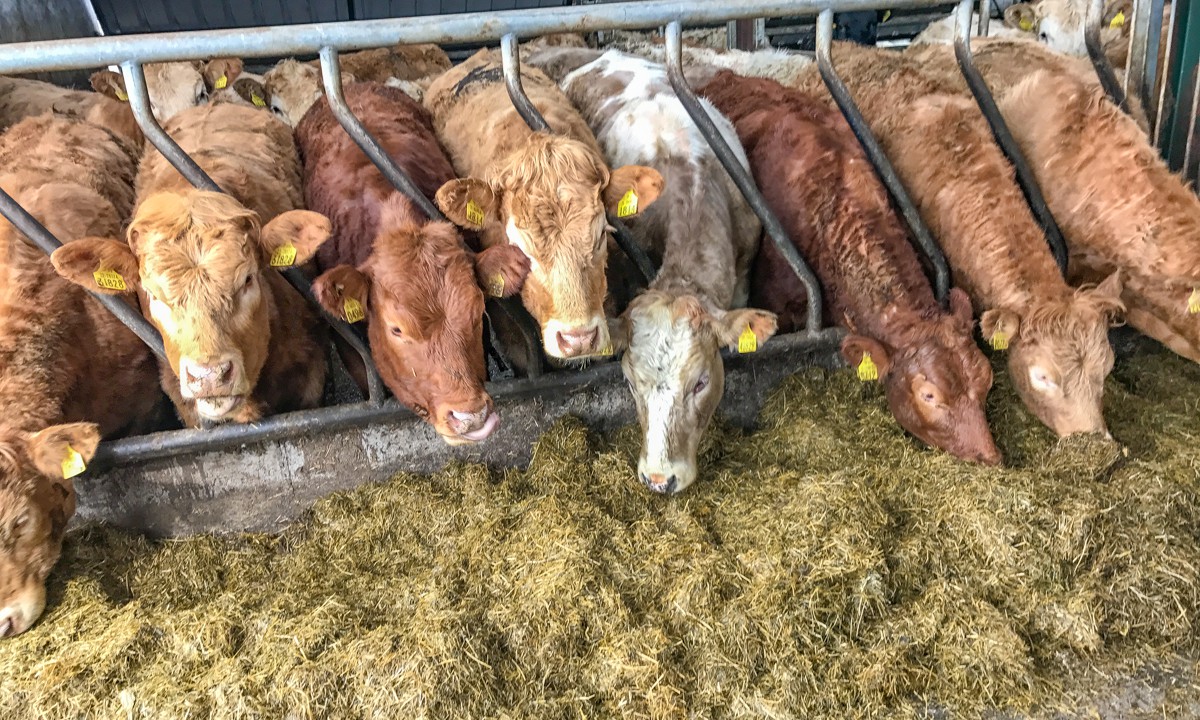There was little or no change in the prices offered for prime cattle last week in Northern Ireland, according to the Livestock and Meat Commission (LMC).
For the week ending November 21, prime U-3-grading cattle received quotes of £3.60-3.66/kg (€4.05-4.12/kg). These prices offered included bonuses where applicable.
Prime cattle achieving R-3-grades were being quoted at £3.50-3.60/kg (€3.94-4.05/kg) amongst the majority of processors; although farmers were encouraged to negotiate hard in order to get the best possible deal available.
The cow trade took another setback last week as prices quoted for O+3-grades, and better, dropped back as far as £2.40/kg (€2.70/kg) and rising up to £2.60/kg (€2.92/kg).
This a consecutive weekly decrease of 10p/kg in quotes offered for cows.
Throughput
A total of 7,267 head of prime cattle were processed for the week ending November 14, which is a decline of 109 head on the previous week.
There was also a decline of 805 head in the number of cows processed, as the total amounted to 2,159 head. Comparing this total figure to the same week last year, there has been a decline of 224 head in the number of cows slaughtered.
In terms of imports, the number of prime cattle that travelled for direct slaughter into the north from southern Ireland tallied to 182 head.
A total of 171 head of cows were also imported from the south for direct processing. This figure has seen little or no change on the number of imports from the previous week.
Taking a quick look at exports, a total of 60 head of cows crossed the border for direct slaughter in the Republic of Ireland; alongside these cows only two prime cattle were exported.
Increase in ROI cattle
So far this year to-date, there have been an additional 3,804 head of prime cattle imported from the Republic of Ireland for direct slaughter in comparison to 2019.
Furthermore, up to the end of October 2020, the number of southern-born cattle being reared on Northern Ireland farms between the ages of 12 months to 30 months-of-age has reached 12,121 head.
This is a increase of 6,708 head from last year’s figure.

